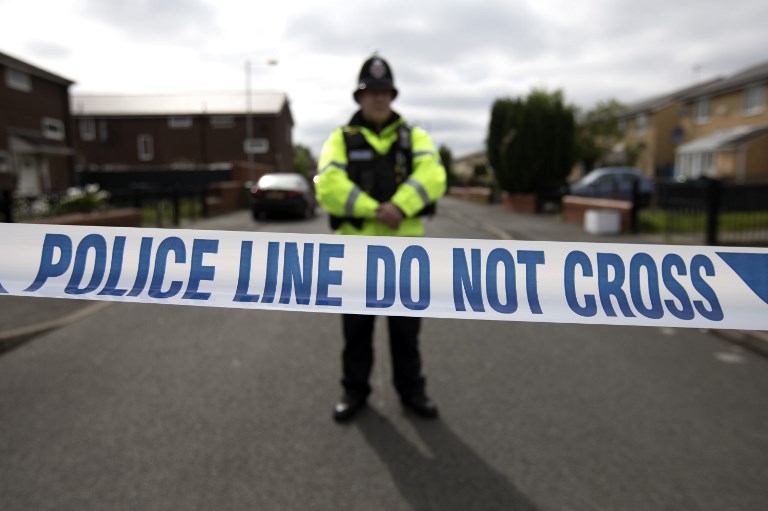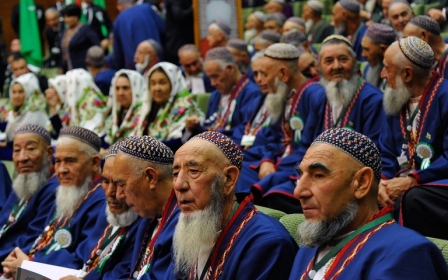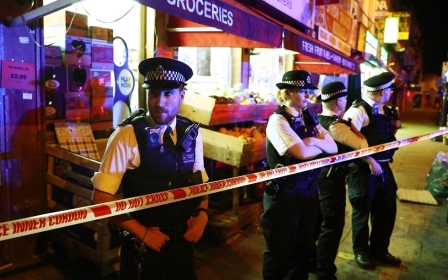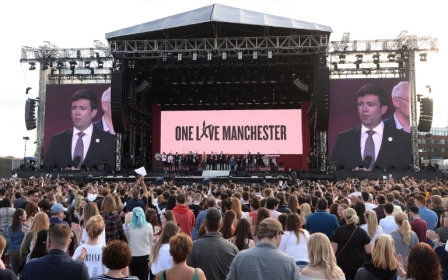UK public may have greater say in length of terror-related sentences

The British government is to propose that victims and the public have a greater say on the length of sentences handed down to those convicted of some terrorism-related offences.
The changes will see the Unduly Lenient Sentence (ULS) procedure, which already allows anyone to ask for convicted criminals to be given tougher sentences, expanded to cover offences such as membership of banned organisations and taking part in weapons training.
British authorities are alert to the prospect of British fighters who fought for the Islamic State (IS) group in Syria and Iraq returning home, and they continue to remain vigilant after a string of terror attacks earlier this year.
The ULS already allows the public to ask the attorney-general to review the sentences of the most serious terror offenders, as well as those convicted of murder and rape.
If the attorney-general deems it appropriate, the case can be passed on to the court of appeal for reconsideration.
The latest additions will be placed before parliament next week and cover 19 offences including encouraging acts of terror or failing to disclose information about a terrorist attack.
"We want the most robust sentences for any terrorist crimes and for victims to have every opportunity to see justice delivered," said the justice minister, Dominic Raab.
"Our action will reinforce our focus on deterring people who help radicalise terrorists and punishing those who willfully turn a blind eye to terrorist activity."
Under the ULS in 2015, 136 cases were referred by the attorney-general to the court of appeal as potentially unduly lenient, with the court increasing the sentences of 102 offenders.
The proposals are a sign that the government is strengthening its counter-terrorism arsenal in case fighters leaving the dwindling IS territory return to the UK.
Western-backed Iraqi forces announced this week that it had taken back Mosul - the group’s Iraqi capital - while Syrian rebel forces backed by the West are nearing Raqqa, its Syria stronghold.
A security official told the Guardian in March that it was "possible they are going to return indoctrinated, deeply dangerous and damaged".
"The only analogous experience we have is handling children caught up in extreme religious sects. It is a huge challenge for family courts and social care."
Earlier this month the government opened the first "jihadi jail" to house convicts of terror-related offences who are deemed too dangerous to live among other inmates.
Five terror attacks have been thwarted by police in the capital in recent months, including some which were "very close" to being carried out, Britain's most senior police officer said on Friday.
Metropolitan police commissioner Cressida Dick told LBC radio station that over the past few years "a very large number" of plots had been foiled.
This year alone one attack in Manchester and three in London have left scores dead.
New MEE newsletter: Jerusalem Dispatch
Sign up to get the latest insights and analysis on Israel-Palestine, alongside Turkey Unpacked and other MEE newsletters
Middle East Eye delivers independent and unrivalled coverage and analysis of the Middle East, North Africa and beyond. To learn more about republishing this content and the associated fees, please fill out this form. More about MEE can be found here.




